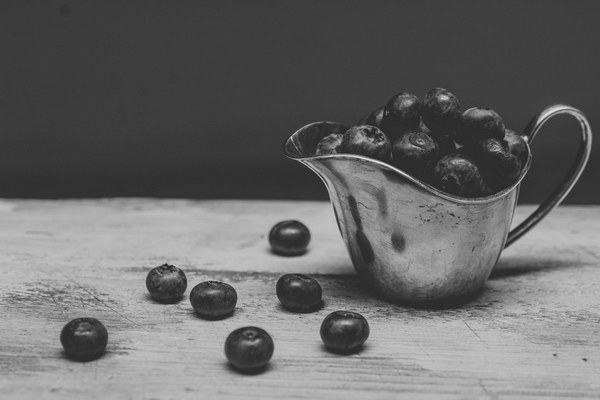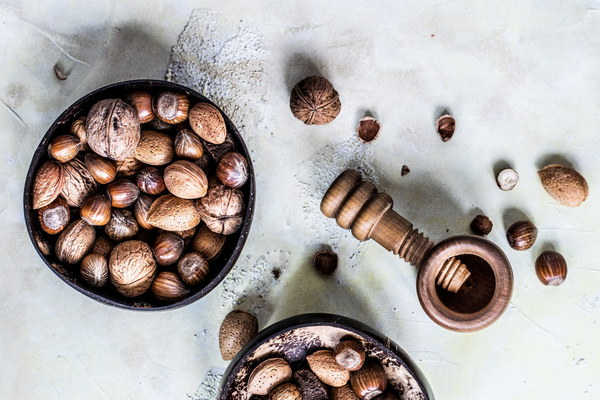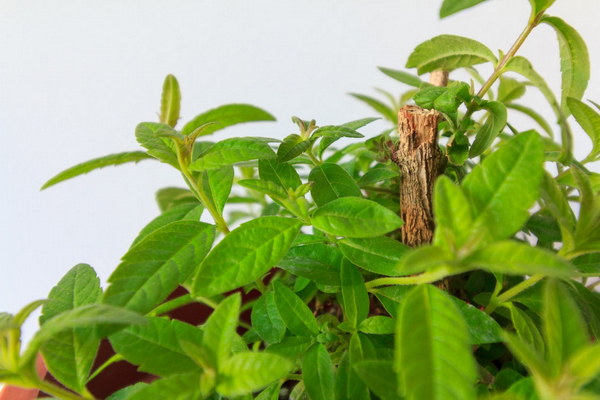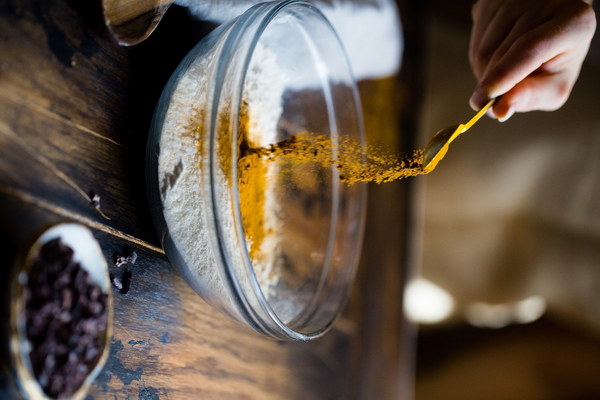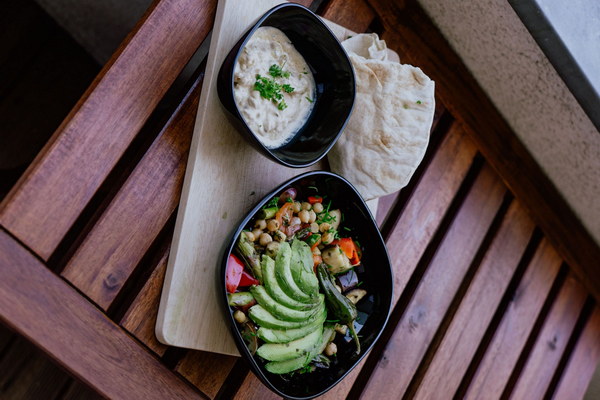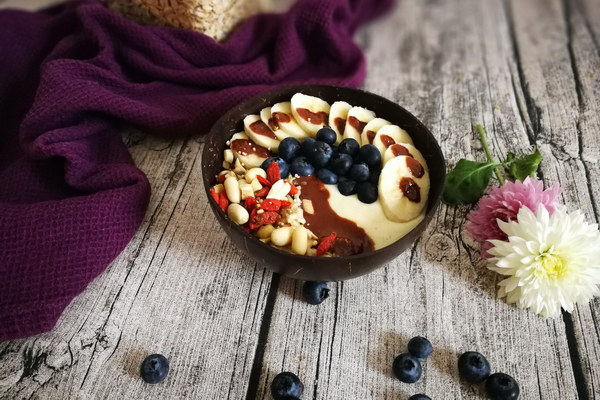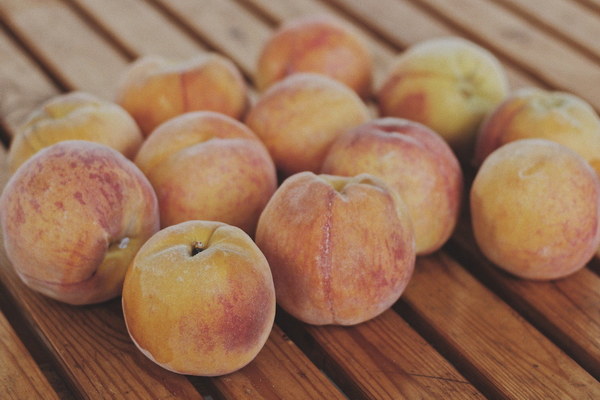Cultivating a Healthy Life The Vital Role of Spleen and Stomach in Wellness
In the realm of traditional Chinese medicine, the health of the spleen and stomach is considered to be of paramount importance. The adage, Spleen good, life good; nourish the spleen and stomach, avoid illness, encapsulates the essence of this belief. This article delves into the significance of a healthy spleen and stomach and offers practical advice on how to maintain their well-being to enjoy a life of vitality and good health.
The spleen and stomach are vital organs in the human body that play a crucial role in digestion, absorption, and transportation of nutrients. They are also closely connected to the immune system and mental health. In traditional Chinese medicine, the spleen is responsible for transforming food into energy, while the stomach is in charge of breaking down food and absorbing nutrients. When these organs function optimally, the body receives the necessary nutrients to thrive, and illness is kept at bay.
Here are some key reasons why a healthy spleen and stomach are essential for good health:
1. Digestive System: A healthy spleen and stomach ensure efficient digestion and absorption of nutrients. When these organs are functioning well, the body receives the necessary vitamins, minerals, and other essential nutrients to maintain its overall health.
2. Immune System: The spleen is a vital component of the immune system, producing white blood cells that help fight off infections and diseases. A strong spleen means a robust immune system, which is crucial for preventing illnesses.
3. Mental Health: The spleen and stomach are closely linked to mental health. A healthy spleen and stomach can help reduce stress, improve mood, and enhance cognitive function.
4. Energy Levels: The spleen is responsible for transforming food into energy. A well-functioning spleen ensures that the body has sufficient energy to carry out daily activities and maintain overall well-being.
To maintain a healthy spleen and stomach, here are some tips:
1. Eat a Balanced Diet: Consume a variety of nutrient-rich foods, including whole grains, fruits, vegetables, lean proteins, and healthy fats. This balanced diet ensures that the spleen and stomach receive the necessary nutrients to function optimally.
2. Avoid Overeating: Overeating can strain the spleen and stomach, leading to indigestion and other digestive issues. It is essential to eat in moderation and listen to your body's hunger and fullness cues.
3. Manage Stress: Chronic stress can negatively impact the health of the spleen and stomach. Engaging in stress-reducing activities, such as meditation, yoga, or deep breathing exercises, can help maintain their well-being.

4. Exercise Regularly: Regular physical activity supports the overall health of the spleen and stomach. Exercise promotes better digestion and helps regulate the immune system.
5. Get Adequate Sleep: Sleep is crucial for the body's recovery and rejuvenation. A lack of sleep can impair the spleen's ability to transform food into energy and weaken the immune system.
6. Seek Professional Advice: If you are experiencing digestive issues or other health concerns, consult with a healthcare professional or a traditional Chinese medicine practitioner. They can offer personalized advice and treatment options to address any underlying issues.
In conclusion, the health of the spleen and stomach is vital for overall well-being. By following these tips and adopting a healthy lifestyle, you can ensure that your spleen and stomach remain strong and robust, leading to a life filled with vitality and good health. Remember, Spleen good, life good; nourish the spleen and stomach, avoid illness, and embrace the wisdom of traditional Chinese medicine in your daily life.
